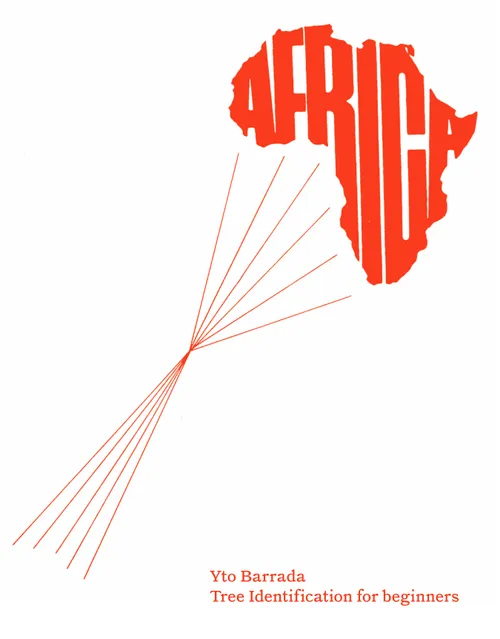
Nominated par Adrienne Edwards
Yto Barrada (Moroccan, French, b.1971, Paris) studied history and political science at the Sorbonne and photography in New York. Her work — including photography, film, sculpture, prints and installations, — began by exploring the peculiar situation of her hometown Tangier. Her work has been exhibited at Tate Modern (London), MoMA (New York), The Renaissance Society (Chicago), Witte de With (Rotterdam), Haus der Kunst (Munich), Centre Pompidou (Paris), Whitechapel Gallery (London), and the 2007 and 2011 Venice Biennale.
She was the Deutsche Bank Artist of the Year for 2011, after which her exhibit RIFFS toured widely. Barrada is also the founding director of Cinémathèque de Tanger. A comprehensive monograph was published by JRP Ringier in 2013. She is a recipient of the 2013-2014 Robert Gardner Fellowship in Photography (Peabody Museum at Harvard University) and was awarded the 2015 Abraaj Prize.
Barrada is represented by Pace Gallery (London), Sfeir-Semler Gallery (Beirut-Hamburg), and Galerie Polaris (Paris).
©Yto Barrada, courtesy Pace Gallery; Sfeir-Semler Gallery, Hamburg, Beirut; and Galerie Polaris, Paris
Photography by Dawn Blackman, courtesy Pace Gallery
©Yto Barrada, courtesy Pace Gallery; Sfeir-Semler Gallery, Hamburg, Beirut; and Galerie Polaris, Paris
Photography courtesy the artist
Tree Identification for Beginners d’Yto Barrada est une installation cinématographique complexe comprenant un rideau teint à la main et cousu. Lorsque l’artiste a inauguré l’œuvre à New York, à l’occasion de Performa 17, elle a fait jouer la bande sonore en direct. Pendant l’été 1966 turbulent, la mère d’Yto Barrada, une étudiante marocaine de 23 ans, a été l’une des 50 « jeunes leaders africains » invitées à une tournée aux États-Unis sponsorisée par le département d’Etat.
Par le jeu, la poésie et l’humour, le film, Tree Identification for Beginners, examine cette rencontre gérée par la scène entre l’Amérique du nord et l’Afrique, et l’esprit de désobéissance naissante – le Panafricanisme, la Conférence Tricontinentale, le Black Power, et les mouvements liés à la guerre du Vietnam – qui finiront de définir une génération.

